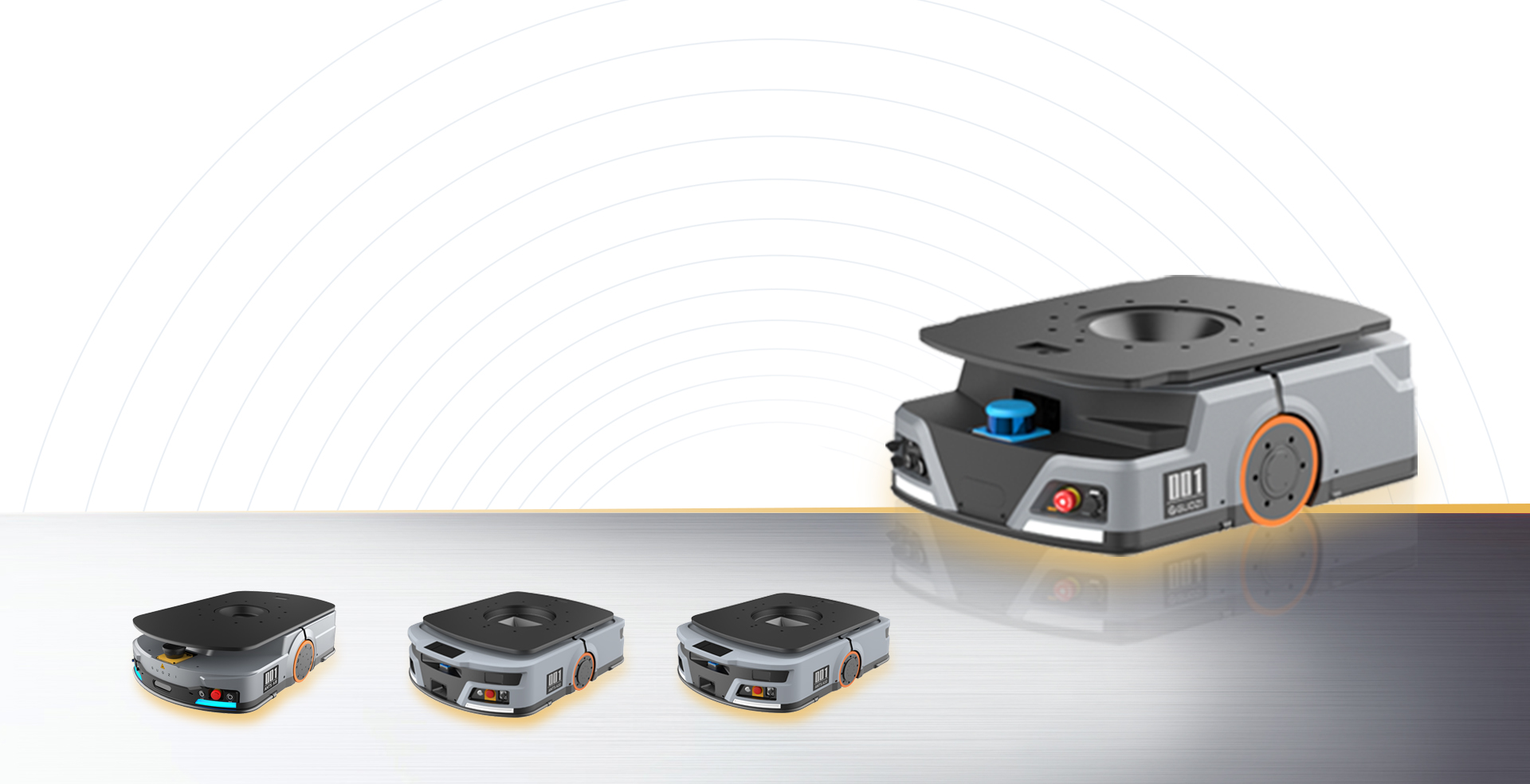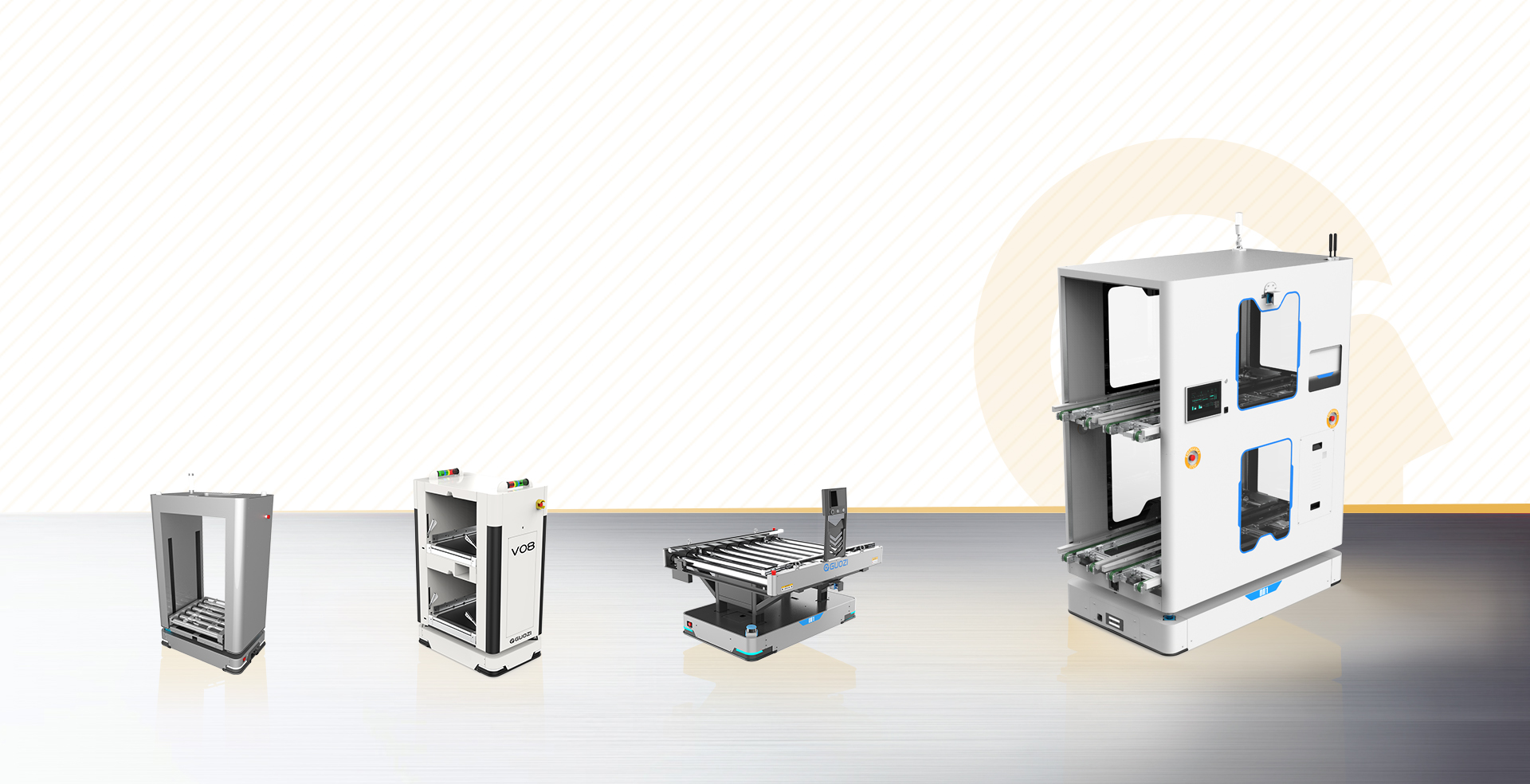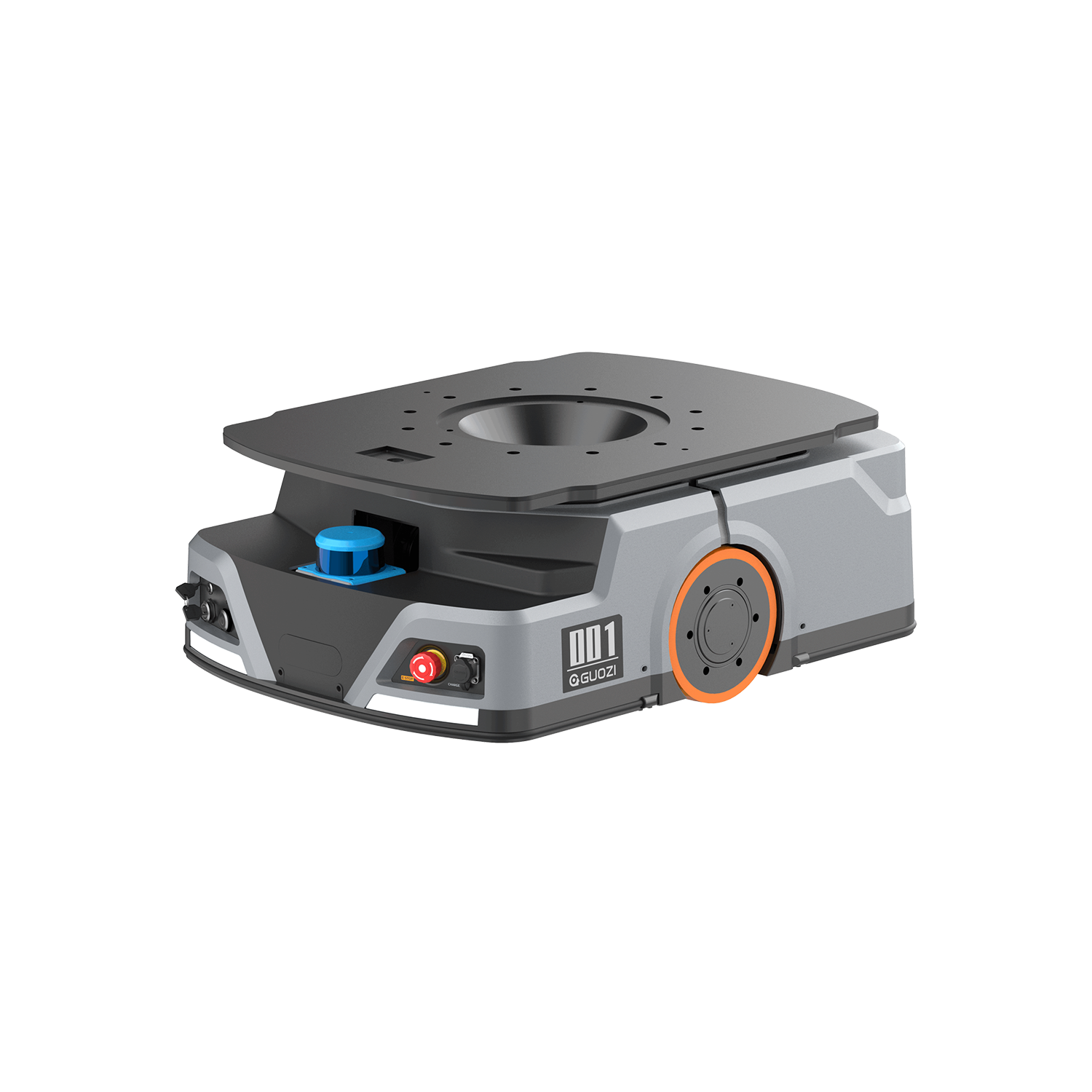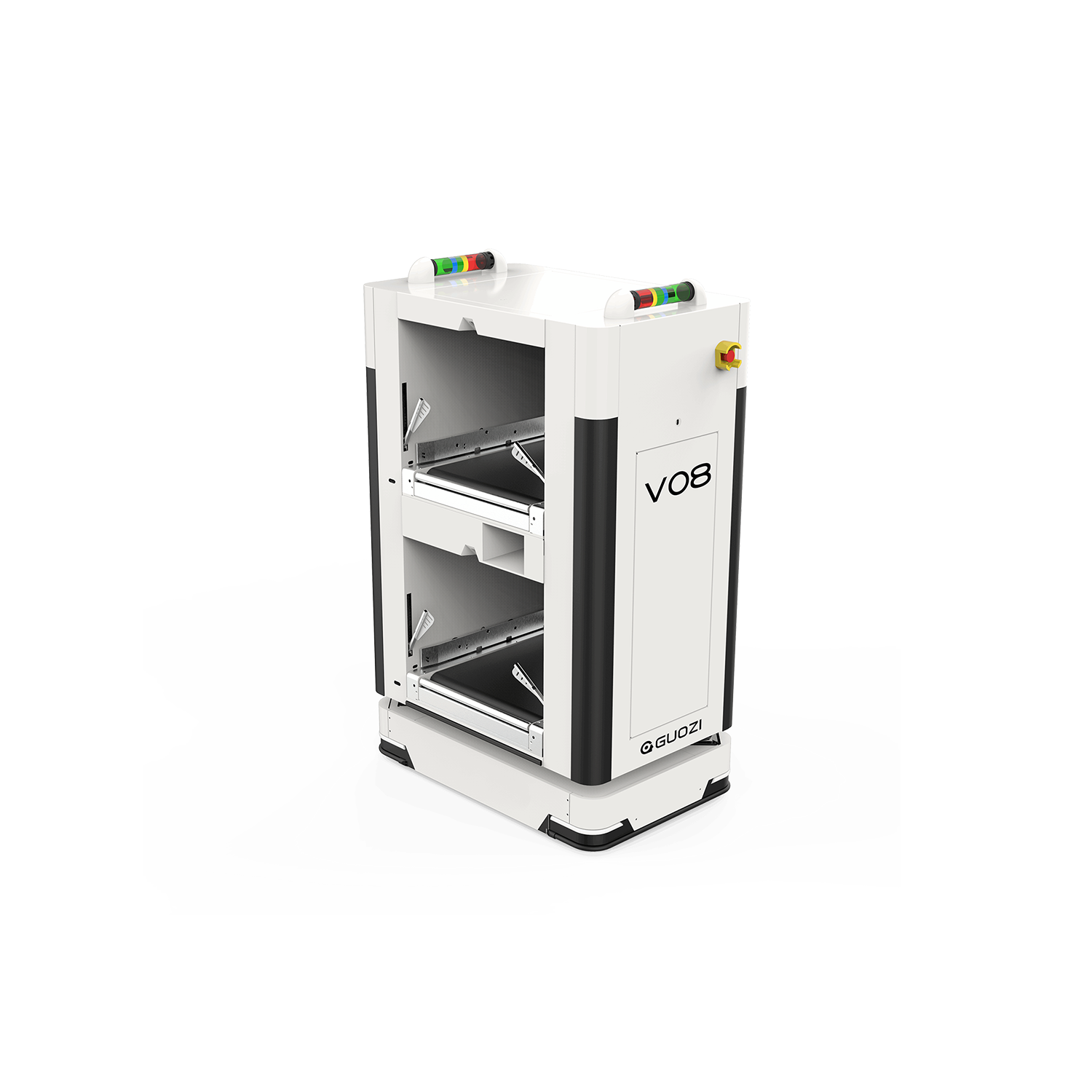In the rapid development of robotics, miniaturization and intelligence have become an important trend in the industry. As a typical representative of this trend, Ant Robot's design innovation is gradually driving the change of the whole industry. The following is an in-depth discussion on the design innovation of ant robots and its impact on the robotics industry.
I. Overview of Ant Robot Design Innovations
The Ant Robot design innovations mainly
miniaturization technology
intelligent control system
autonomous navigation and decision-making
multifunctional integration
II. Highlights of Ant Robot Design Innovation
Miniaturization Technology
The miniaturization technology of Ant Robot is the core of its design innovation. (1) Micro-Electro-Mechanical Systems (MEMS): Through MEMS technology, the Ant Robot can realize a very small size, which is easy to operate in a small space. (2) Micro actuators: new micro actuators, such as shape memory alloys and piezoelectric actuators, are used to realize fine movements of the robot. (3) Micro-sensors: integrating micro-sensors to equip the ant robot with sharp environmental sensing ability. Intelligent control system Intelligent control system of ant robots is the key to its design innovation: (1) Neural network control: using neural network algorithm, the robot is equipped with the ability of learning and adaptive capabilities. (2) Fuzzy logic control: improve the robot's ability to cope with uncertain environments through fuzzy logic. Autonomous Navigation and Decision Making Ant robots are designed and innovated to realize the following autonomous navigation and decision making functions: (1) Path Planning: based on the ACO and other optimization algorithms, the robot achieves efficient path planning. (2) Obstacle avoidance: use sensor information to realize real-time obstacle avoidance. Multi-functional integration Ant Robot focuses on multi-functional integration when designing to meet the needs of different scenarios: (1) Communication module: integrating a wireless communication module to realize information interaction with other devices. (2) Load capacity: design a load structure that can carry small tools or equipment to expand the application range. Medical field Ant robots can be used in minimally invasive surgery and drug delivery to improve medical precision and safety. Environmental monitoring Ant robots can be deployed in complex environments for pollutant detection, ecological observation, etc. Equipment Maintenance In large-scale equipment maintenance, ant robots can enter confined spaces to perform inspections and repairs. Education and research Ant robots can be used as an educational and research tool to help students and researchers gain a deeper understanding of robotics. Higher Integration Degree With technological advances, the integration of the Ant Robot will be further improved to realize more multifunctionality. Stronger environmental adaptability Ant robots will have stronger environmental adaptability, and will be able to work stably in more complex environments. Broader scene applications Ant Robot's application scenes will continue to expand, covering more industries and fields. Deeper Intelligence With the help of AI technology, the intelligence level of Ant Robot will continue to improve and achieve more advanced autonomous behaviors. The innovation of ant robot design has not only pushed the robotics industry towards miniaturization and intelligence, but also brought about revolutionary changes in various industries. In the future, ant robots will continue to lead the new trend of robotics technology and become an important force in scientific and technological innovation. China should seize this opportunity, increase investment in research and development, and promote ant robot design and innovation toward the world's leading level. Third, the application of ant robot design innovations in the industry
IV.Trends in Ant Robot Design and Innovation








